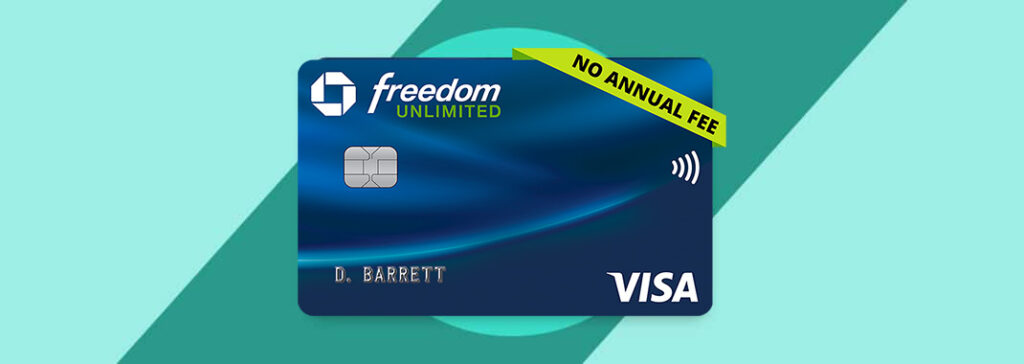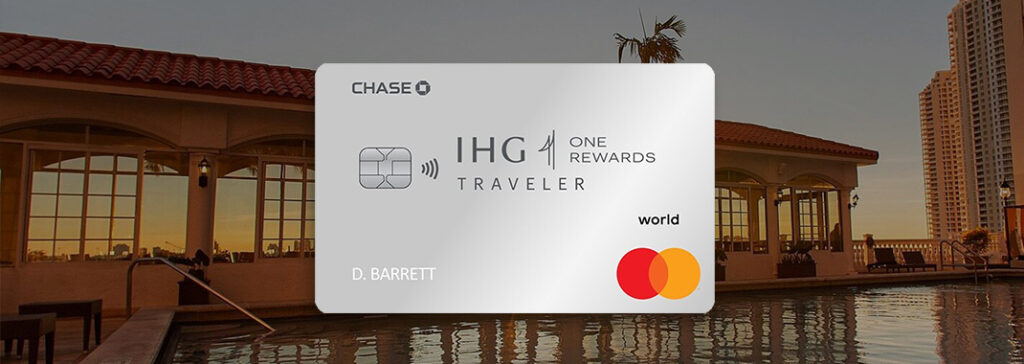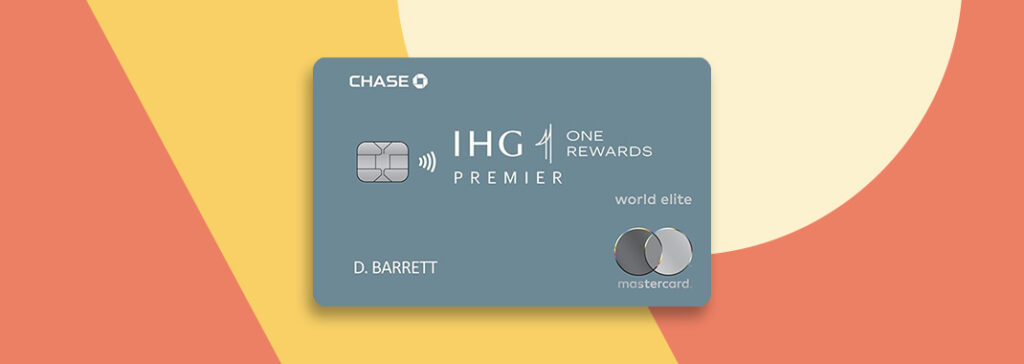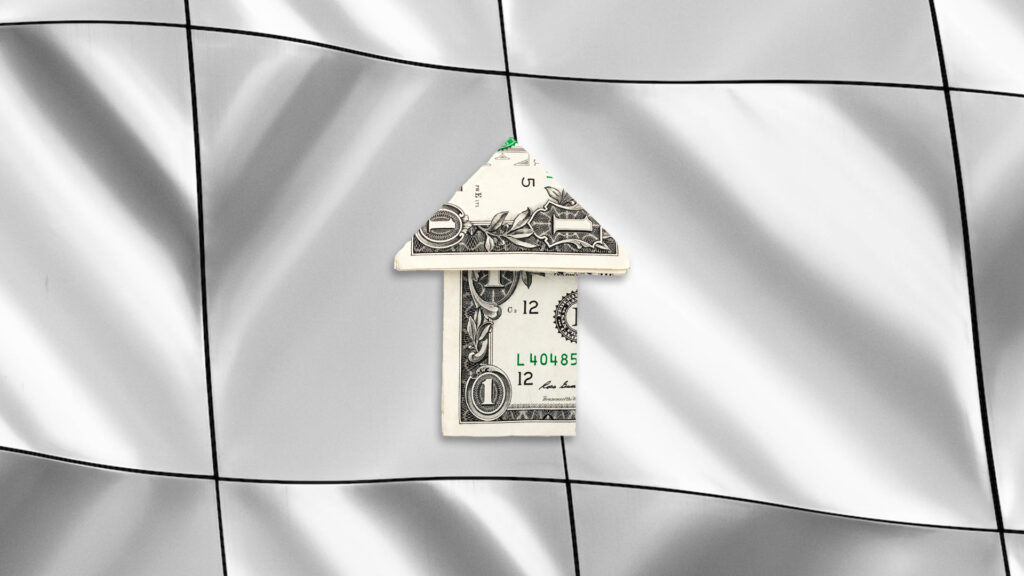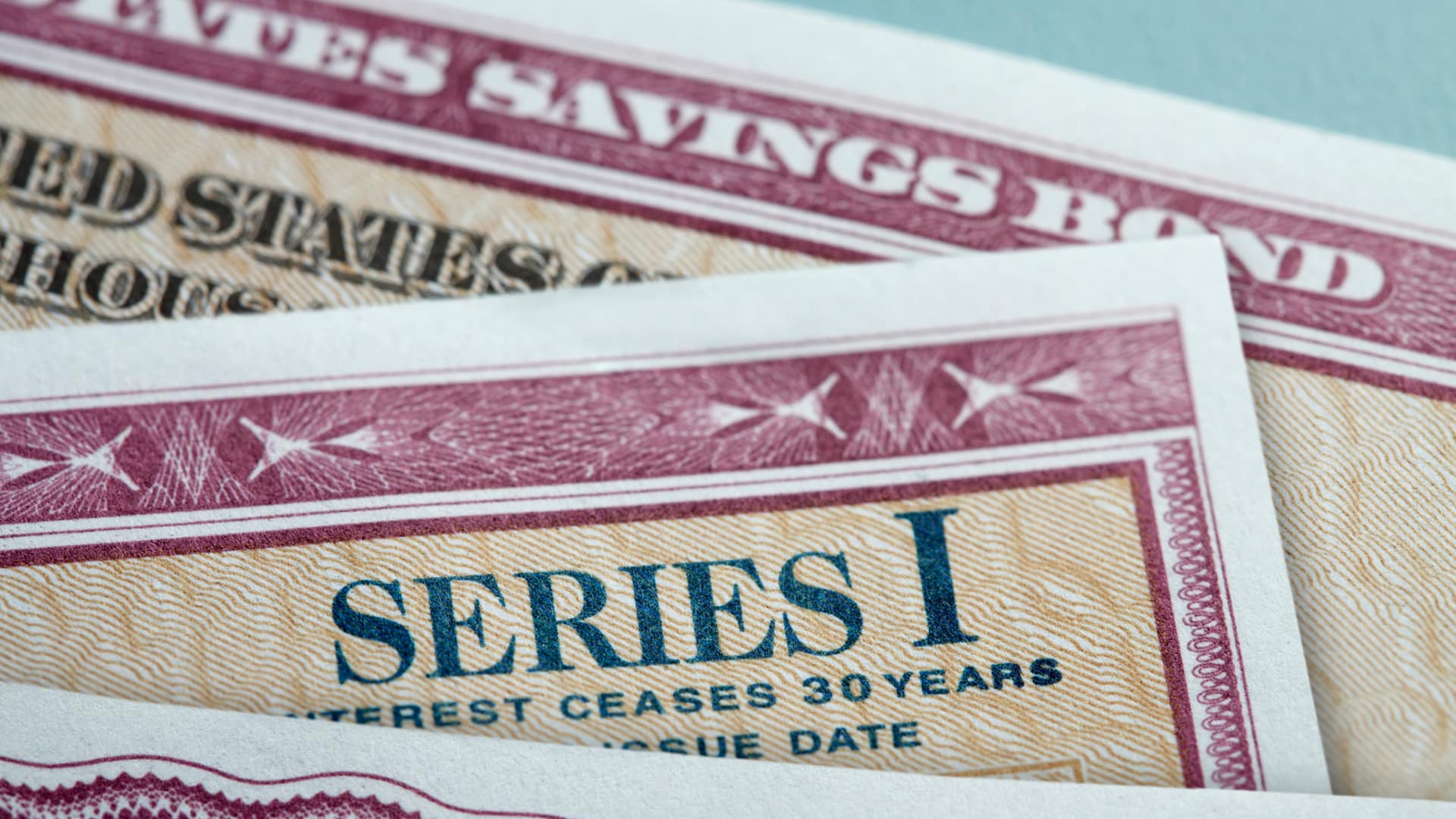Most products on this page are from partners who may compensate us. This may influence which products we write about and where and how they appear on the page. However, opinions expressed here are the author's alone, not those of any bank, credit card issuer, airline or hotel chain.
Chances are you’ve heard of bank certificates of deposit (CDs), as many traditional banks, online banks, and credit unions offer them. These accounts come with a fixed term, often as long as five years. In exchange for holding your money for several months or years, your bank will generally offer a higher rate than you’d get with a traditional savings account.
But another type of CD is available, which you can invest in through a brokerage account. Brokered CDs have similar characteristics to bank CDs, including competitive rates and a range of terms. But there are some important differences to be aware of. Here’s a look at how brokered CDs work, how they compare to bank-issued CDs, and if they could be a wise investment for you.
What Is a Brokered CD?
As mentioned, you can invest in a brokered CD through a brokerage account (accounts you use to purchase assets like stocks, bonds, and funds). Many large investment firms offer brokered CDs as an option for account holders, and rates and terms will vary depending on your brokerage. Brokered CDs may have more flexible terms than bank CDs, though again, this will vary depending on where you invest.
Here’s a high-level look at what to expect when investing in a brokered CD:
- Maturity dates and terms: As short as one month or as long as 30 years
- Minimum deposit: Often $1,000 or more
- Interest rates: As high as 5% or more
- Callable: Varies, depending on the underlying assets.
- FDIC insured: Most are FDIC insured through the banks where the brokerages purchase their CDs. But it's a good idea to verify the fine print of the specific CD product before purchasing one.
- Fees and penalties: Transaction fees may apply when buying or selling a brokered CD. There is no penalty if you sell your CD before its maturity date, but you may lose value on the CD.
Some of the best CD rates can come from brokered CDs, but it's always a good idea to check the fine print before buying any financial product.

4 Best No-Penalty CD Rates in March 2025: Earn Up to 4.70% APY
Pros and Cons of Brokered CDs
Pros
- Flexibility
- Potentially higher yield
- No penalties
Cons
- Risk losing money if CD is sold before maturity
- Possible transaction fees
- Interest isn’t compounded
Pros:
- Flexibility: Brokered CDs offer more flexibility than bank CDs, as you can sell your investment whenever you like. You may also get a wider range of terms with a brokered CD.
- Potentially higher yield: Because brokerage firms often invest large amounts in brokered CDs, the underlying banks may offer more favorable interest rates than you’d get with a bank CD.
- No penalties: If you opt to cash out early on your brokered CD, you generally won’t pay an early withdrawal penalty like you would for cashing out early on a bank CD.
Cons:
- Risk: You could take a loss if you sell your brokered CD early, or if interest rates decline and the bank ends its term early. For instance, the issuer could try to “call back” your callable CD if interest rates drop abruptly so they can avoid paying higher interest.
- Possible transaction fees: Your brokerage firm may charge transaction fees for buying or selling assets on the secondary market. Research possible fees before investing.
- Interest isn’t compounded: Your interest won’t be automatically reinvested with a brokered CD. Instead, you’ll need to reinvest it on your own.
Brokered CDs vs Traditional Bank CDs
| Brokered CDs | Traditional Bank CDs |
|---|---|
|
Offered through a brokerage |
Offered through a bank |
|
May require a higher minimum investment |
Minimum investments may be fairly low |
|
Can be sold on the secondary market before maturity without penalty |
Cannot access your money before maturity without penalty (except for no-penalty CDs) |
|
Terms range from 1 month to up to 30 years |
Terms can range from 6 months to 5 years |
|
May offer a higher rate of return |
May offer lower rates |
|
Interest paid at specific intervals, such as quarterly or annually |
Interest paid at maturity |
|
Interest is not automatically reinvested |
Interest is automatically reinvested |
The biggest difference between brokered CDs and traditional bank CDs is how you invest your money. With a brokered CD, you invest through a brokerage account. But with a bank CD, you invest directly through an individual bank or credit union.
Depending on your brokerage, you may have a wide range of possible CDs available. Thus, you could end up with a higher rate or broader terms than you’d find at a local financial institution. Brokered CDs also typically offer more flexibility than bank CDs, as you can opt to sell them anytime during your CD term. If you sell a bank CD before it matures, you’ll usually pay an early withdrawal penalty, which is often a percentage of your overall interest.
Are Brokered CDs Safe?
Yes, brokered CDs are a relatively safe investment compared to stocks, though they do come with certain risks. Risks are generally higher if you invest in callable CDs, or if you opt to sell your investment on the secondary market before it matures. (Note that call risk may also apply with bank CDs). But if you choose to keep your money invested until your CD matures, your risks could be a bit lower.
It’s worth noting that all investments come with risk, and researching potential investments beforehand can help you better understand possible risks. Always read the fine print.
Do Brokered CDs Lose Value?
A brokered CD can lose value. But in general, if you hold your money in a brokered CD until maturity, you won’t experience a loss. This is because your interest rate is fixed from when you hold the asset until its term is up.
But there are a couple of caveats to be aware of. With callable CDs, there’s the possibility that the bank holding the underlying asset could end your CD’s term early, or call it back. (As mentioned, this can also happen with bank CDs). If the interest rate environment is lower when the asset is called than what they were when you initially invested, you could experience a loss. Likewise, if you opt to sell your brokered CD before maturity, you could also lose money if interest rates have increased.
 Related Article
Related Article
5 Reasons to Put Your Money CDs in 2024
What Happens When Brokered CDs Mature?
With a bank CD, you’ll often see your balance automatically reinvested into a new CD account once your original CD’s term is up—though you can opt out if you’d prefer to use that money for another purpose.
By contrast, your balance in a brokered CD typically won’t be reinvested once your CD reaches maturity. Instead, you can reinvest your money in a new brokered CD, invest it elsewhere, or use it however you’d like.
Are Brokered CDs a Good Idea in 2023?
Brokered CDs may be a good idea if you’re looking for a fairly low-risk investment option and you’re comfortable investing your money for a set period of time. Rates are also impressively high in 2023 due to The Federal Reserve’s recent rate increases, making CDs more attractive to many investors. Depending on the options available in your brokerage account, it’s not uncommon to see brokered CD rates exceeding 5% for 1-month CDs.
But whether brokered CDs are right for you depends on your individual situation, investment strategy, how long you’d like to leave your money invested, and more. Be sure to weigh the pros and cons before adding a brokered CD to your investment portfolio.
 Related Article
Related Article
